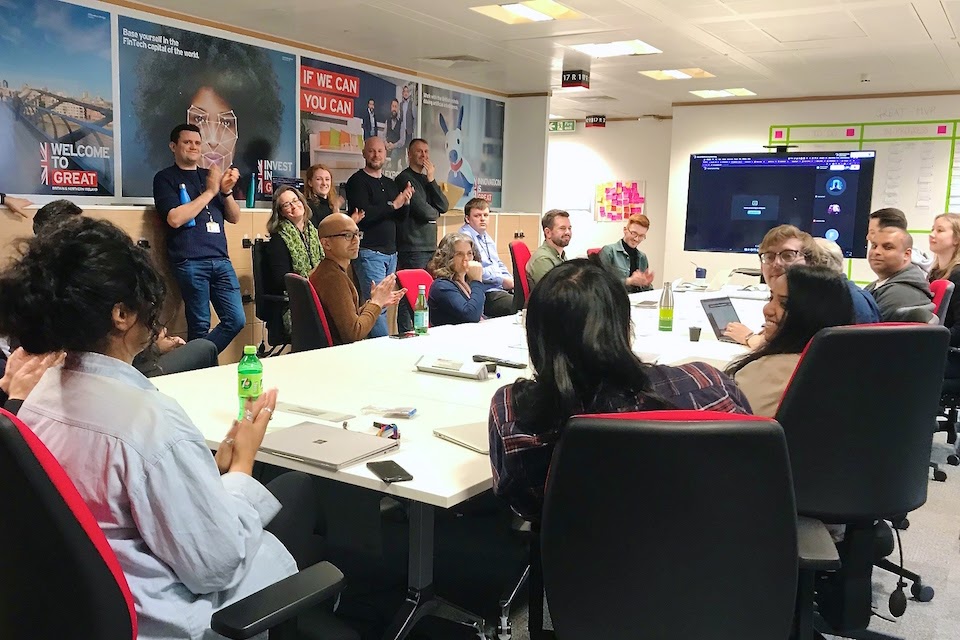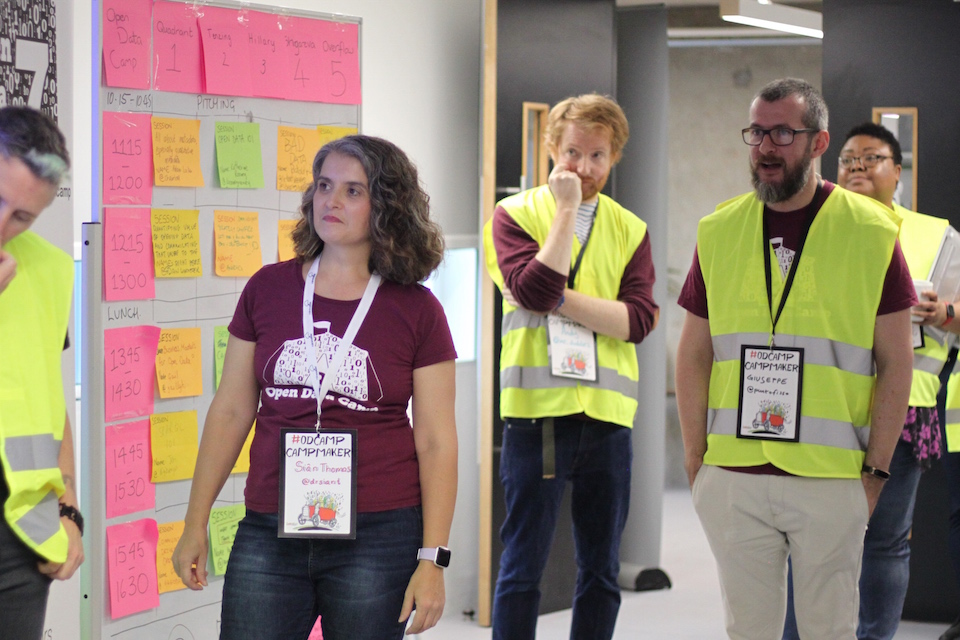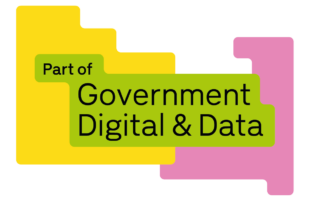
My first experience of flexible working
I’ve been working ‘flexibly’ since 2004, at the time when flexible working was formally introduced in the Civil Service, which happened to be the year after my first child started nursery school.
I was at the Food Standards Agency in a Senior Executive Officer (SEO) role. I decided to ask my line manager for my full-time pattern to include two days a week at home. The organisation supported me and the experience was a success. I then used a manual dial-up connection!
Juggling career progression and parenting

In the next 6 years, I’ve taken two more lots of maternity leave (I now have 3 children), many weeks of parental leave, usually to coincide with reception settling in weeks or to allow my children to experience things like extended camping breaks - that they would not do with working parents.
Over the years, I’ve progressed to Senior Civil Service. I’ve been fortunate to always have the support of my line managers - 7 different individuals over the years! I’ve built a solid experience of flexible working, demonstrating that it did not impact delivery of the departmental objectives or the success of my team. If anything the impact was positive.
Making flexible patterns work effectively across the team
The data team at DIT is about 60 people across various disciplines working in agile. Having seen the benefits of flexible working I’ve tried to pay it forward. I actively encourage flexible patterns including part-time or job share.
Of course flexible working needs to be managed sensibly by all parties. I’ve learnt that simple changes can make a big difference:
1. Establish a weekly ‘office day’ for the whole team to attend in person
Some early positive feedback in my current role was in response to changing our meetings and ‘show and tell’ days so that a part time Delivery Manager could always attend in person. Since then, our team has what we call an ‘office day’ on Wednesday. This means that all events are scheduled when people will be physically present to contribute.
2. Ensure ‘out of sight’ doesn’t mean ‘out of mind’
It’s easy to feel you’re not part of the team because you’re not in the office. People in a meeting should recognise that those not in the office can still make a great contribution to this meeting. Both the team leader and people connecting remotely should spend a few minutes to check that the technology and dial-in details work.
3. Be flexible both ways
For flexible working to function properly it has to go both ways. At the moment, I work at home most weeks on a Monday and Friday. Over the years, I’ve changed which two days many times - usually to suit the needs of my team or when senior cover was needed. Sometimes, if necessary, I do go to the office - this week I interviewed on Monday. But the flexibility works both ways so when I need to be at home on a different day, for a school assembly for example, this works out too.
With sufficient notice, I’m able to put extra childcare in place on some occasions. My team knows they can rely on me if they need to. This helps establish a relationship with peers that is based on trust and responsibility. The benefits are significant.
4. Use technology to help normalise remote working
Of course it's important to have the technology to make working together and effectively easy, regardless of location or working arrangements. There are countless tools that can achieve that. In this case the primary role of technology is to facilitate good engagement. Most importantly members should be committed to good engagement. It’s about teams normalising remote working.
The positive impact of flexible working

The flexibility offered by the department means that I’m able to work in the cafe at gymnastics, in the evening after the harvest festival and to make sure that being Chief Data Officer is not at the detriment to being a parent. I can take my youngest daughter to school and collect her on a Monday and Friday. I can get her to extracurricular activities that she is interested in.
For the organisation, flexible working improves the productivity and diversity of our teams as a greater range of people are able to participate in a way they wouldn’t otherwise be able to. And we know that a variety of perspectives helps build better products.
The Civil Service Diversity and Inclusion Strategy sets our ambition to be the UK’s most inclusive employer in 2020. When it comes to DIT and our Digital, Data and Technology directorate, I’m committed to making this a reality.
Siân Thomas @drsiant is Chief Data Officer at DIT.
Interested in joining us? Find out more about our team and our latest job opportunities.
All roles in the Civil Service are advertised as full-time/part-time and job share. Find out more about the various forms of flexible working.

